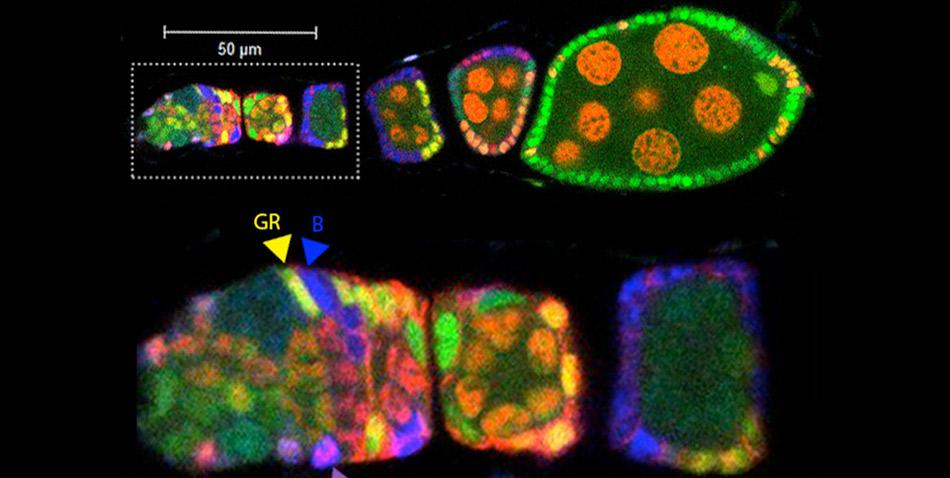Chemical Biology

Individualized chemical biology is the experimental study of the biomolecules found in living systems, how specific features of these biomolecules vary from person to person and are altered in an individual patient's disease, and how these patient-specific alterations can be corrected with newly designed medicines. Chemical biology gives clinicians the ability to determine a protein’s “druggability.”
Columbia's chemists and chemical biologists bring the ability to understand the mechanistic properties of proteins of interest and the ability to produce small molecules that can lead to better diagnostics or adapted therapies. One of the critical goals for realizing the future of precision medicine is creating novel, individualized medicines that target specific molecular vulnerabilities found in individual patients. Most of these molecular vulnerabilities represent features of proteins that have never been targeted by therapeutic agents before, and for which no path for creating such medicines is known. A major goal is to experimentally determine the atomic-resolution architectures of these proteins, establish how their molecular motions enable their normal biochemical functions, and investigate how these architectures, motions, and functions go awry in disease. Using this information, we can discover which features of these proteins would be best targeted with new therapeutic agents, and how patient-specific differences in these features will alter the behavior of these proteins and their response to medicines.
